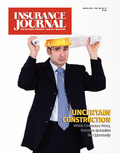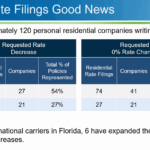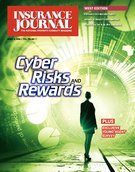A Utah judge in late-March tossed out part of a lawsuit filed by a family who says they were beaten by drunken revelers at a ski resort’s Oktoberfest celebration because the event has turned into a booze-fueled Rocky Mountain spring break.
Snowbird ski resort officials who have also been under scrutiny from the state liquor board say they have never been cited for breaking alcohol rules at the German-themed festival, and the 2014 incident was the only one of its kind in more than 40 years.
The family initially sued for unlimited damages, arguing that Snowbird let the men get too drunk and didn’t do enough to protect the family from the attack that happened after they took a tram to a relatively isolated stop on the mountain.
Judge Heather Brereton ruled that the family can only sue under a Utah law that makes bars liable for up to $1 million a person and $2 million per incident if patrons get too drunk and hurt someone. She dismissed claims that the resort didn’t have enough security to protect people.
Lawyers for the plaintiffs — Brent Anderson, his wife, Laura, and their stepson Thadius Grzeskiewicz — say the lawsuit will still move forward. They say they were on the tram when a group of drunken men started singing explicit versions of a Mormon children’s song. When asked to quiet down, the men attacked, punching Anderson several times and threatening Grzeskiewicz along with his wife and baby, according to the lawsuit.
Three of the men were arrested and later pleaded guilty to misdemeanor charges.
The Utah Department of Alcoholic Beverage Control considered denying Snowbird a permit in 2014 for the event, but authorities changed their minds after critics said it would put the state’s staunchly sober image in an unflattering light.
Topics Lawsuits Legislation
Was this article valuable?
Here are more articles you may enjoy.



 What to Watch: The Trends for P/C Insurance in 2025 So Far
What to Watch: The Trends for P/C Insurance in 2025 So Far  US E&S Growth Slowed Again in ’24; Berkshire, AIG Top Premium Rankings
US E&S Growth Slowed Again in ’24; Berkshire, AIG Top Premium Rankings  Slide’s Exec Pay Leads to Questions About Florida Citizens’ Rate Model
Slide’s Exec Pay Leads to Questions About Florida Citizens’ Rate Model  Honda Recalls More Than 259,000 Cars in the US Due to Brake Pedal Issue
Honda Recalls More Than 259,000 Cars in the US Due to Brake Pedal Issue 


